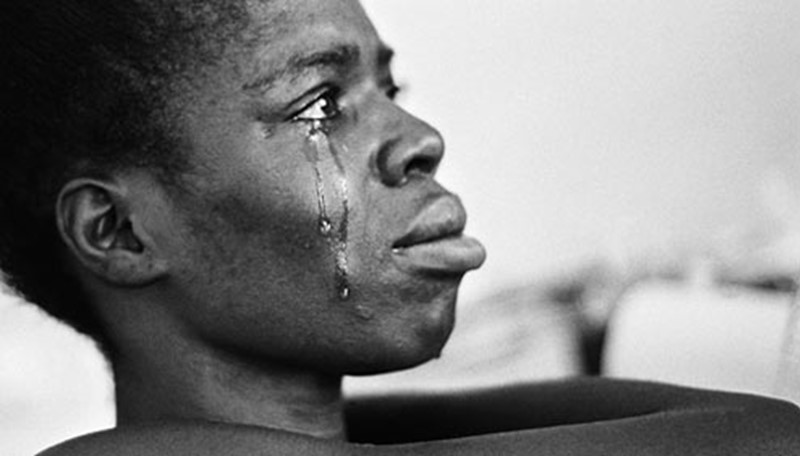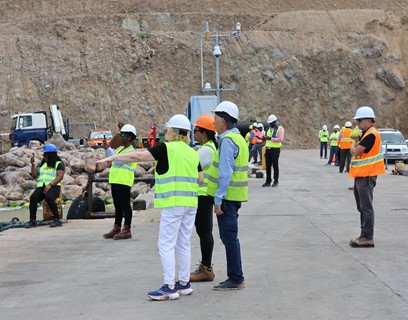
Suicide lurks in the shadows of Caribbean communities. We know it happens, but we choose to ignore it. We know that our brothers and sisters are plagued with various stressors that affect their quality of life and standard of living, but we brainwash ourselves into thinking that they are all able to cope.
Most do not have a strong support system, and most Caribbean nations fail to stress the importance of properly addressing issues of emotional and mental health. We have failed in educating the public. It seems as though we are too afraid to address such a painful topic. Instead, we wish, hope and pray that suicides are few and far between.
Unfortunately, suicides, in the Caribbean, are more prevalent than we think. Sadly, in the last five weeks, there were reportedly five suspected suicides in Barbados. The deaths included Monica Marshall-Wilkinson, Chevonne King, Darwin Downes, David Layne, and Selwyn Sobers. The ages ranged from 18-56. We'll never know exactly why these individuals chose death over life, but Father Clement Paul, a Barbadian priest, blames technology, modernization and breakdown of the family structure.
According to kaieteurnewsonline.com, Father Clement Paul, in addressing this shocking news stated, "In the Caribbean we had our own family structure. It was mother, father, grannies, aunties and the village that raised the child. The teachers and principals were the other parents; now all that is gone. Now children are having children and nobody is mentoring these young people. The family is no longer sacred."
In addition, psychologist and counselor, Anderson Kellman, questioned the resilience of today's youths and addressed the lack of respect for life. Mr. Kellman stated that, "At the first sign of difficulty they want to give up. Also, the whole idea of sanctity of life is under attack. People shoot and kill one another over small things and suicide is only a step from that because it is violence against yourself."
There is no doubt that we need to make an effort to get back to the point of being the keeper of our brothers and sisters. We should be genuinely concerned about their overall wellbeing. Yes, with the increase in violence across the islands, there is a lack of respect for life, but suicide is a delicate matter that requires much more than the usual breakdown of society speech and finger pointing.
While Father Paul and Mr. Kellman made valid points, they failed to mention several other important factors, including, the government's inability to support failing economies, lack of educational and career options, being trapped in a cycle of poverty, and the inability to progress. These are all factors that contribute to individual distress and a sense of hopelessness. As with many taboo topics, it's always easier to place the blame on the victim, on the youths, or on the breakdown of society. The reality is that society has already broken down, families have already fallen apart, and youths are already violent. Simply reiterating the obvious solves nothing, address nothing and changes nothing.
It seems as though it will be a while before suicide becomes a major issue of concern. At this point, it's just another item at the bottom of the agenda, and another taboo topic that we need not give too much attention. True, Society has fallen apart, but the system as a whole has failed. In the meantime, what do we do? Perhaps we should consider the following questions. Are suicide hotlines an option? Are there guidance counselors in our schools? Are there public service announcements on the radio and television? Are we informing our people of the importance of maintaining a healthy psyche? What resources are available to individuals in a state of hopelessness? How do we encourage these individuals to seek help?
I understand that we're dealing with limited resources, but blame seems to be the default response to every issue that plagues our island communities. We cannot build on a foundation of blame and expect change.
Editor-in-Chief's Note: Ebonie Jones is a Freelance Editorial Contributor with MNI Alive


